Lifestyle
30 Things That Make People Feel Like They “Have To” Get Married

Marriage is often seen as a natural life milestone, but not everyone chooses it for the right reasons. Many people feel pressured into marriage by family, society, or even their own fears and insecurities. They may not be sure it’s what they truly want, yet they feel like it’s an expectation rather than a personal choice. Here are 30 things that make people feel like they have to get married, even when they’re unsure if it’s right for them.
Family Pressure and Expectations
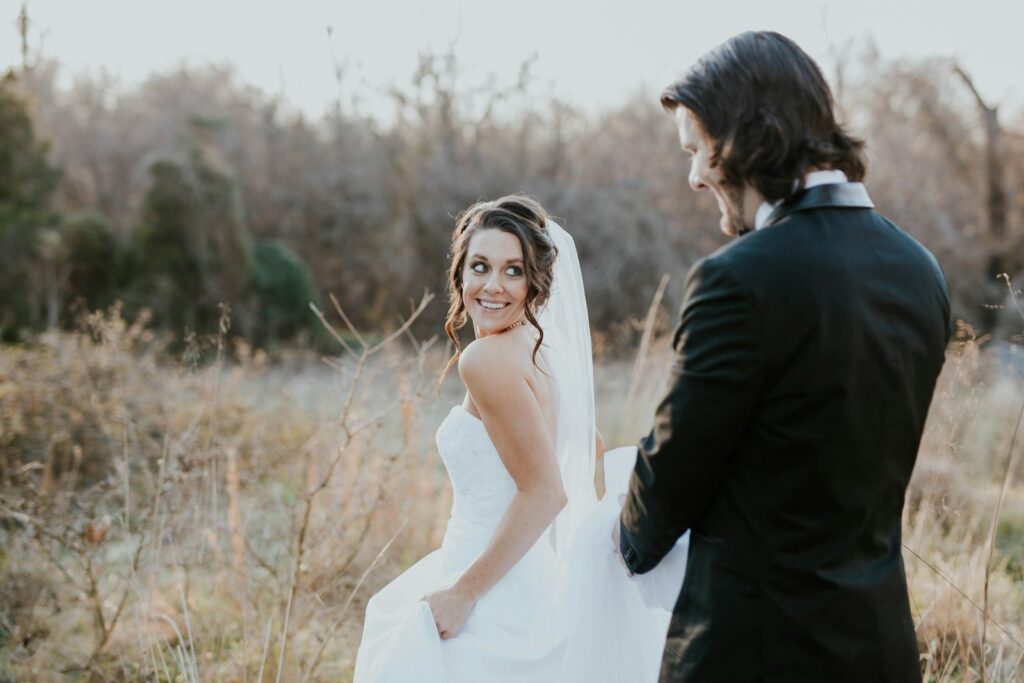
Many families see marriage as a life requirement rather than a choice. Parents often make comments like, “When are you settling down?” or “We want grandkids,” making their children feel like marriage isn’t an option but an obligation. The pressure intensifies in cultures where staying single is viewed as strange or unacceptable.
Seeing Friends Get Married
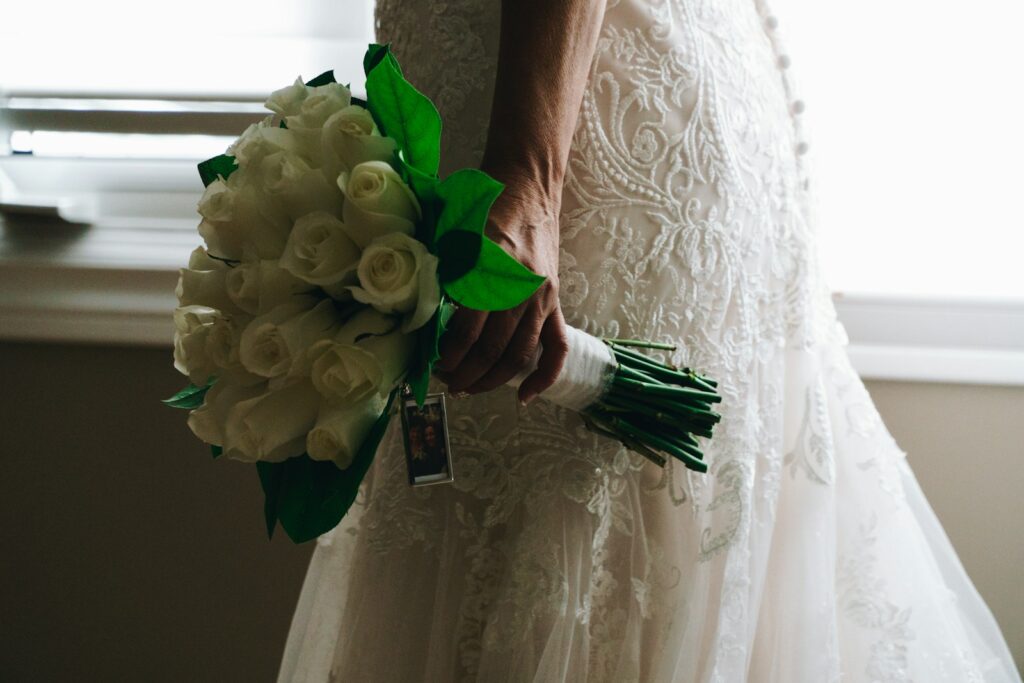
Watching close friends get married can create an invisible pressure to follow the same path. People may feel like they’re “falling behind” or that they need to catch up, even if they’re not ready. Social media wedding announcements only intensify this feeling, making it seem like everyone else is moving forward in life.
Fear of Being Alone

Society teaches that being single is something to avoid. The idea of spending life alone can be terrifying, pushing people toward marriage out of fear rather than love. Many believe that even a mediocre marriage is better than being alone, leading them to settle rather than wait for the right partner.
Cultural and Religious Expectations
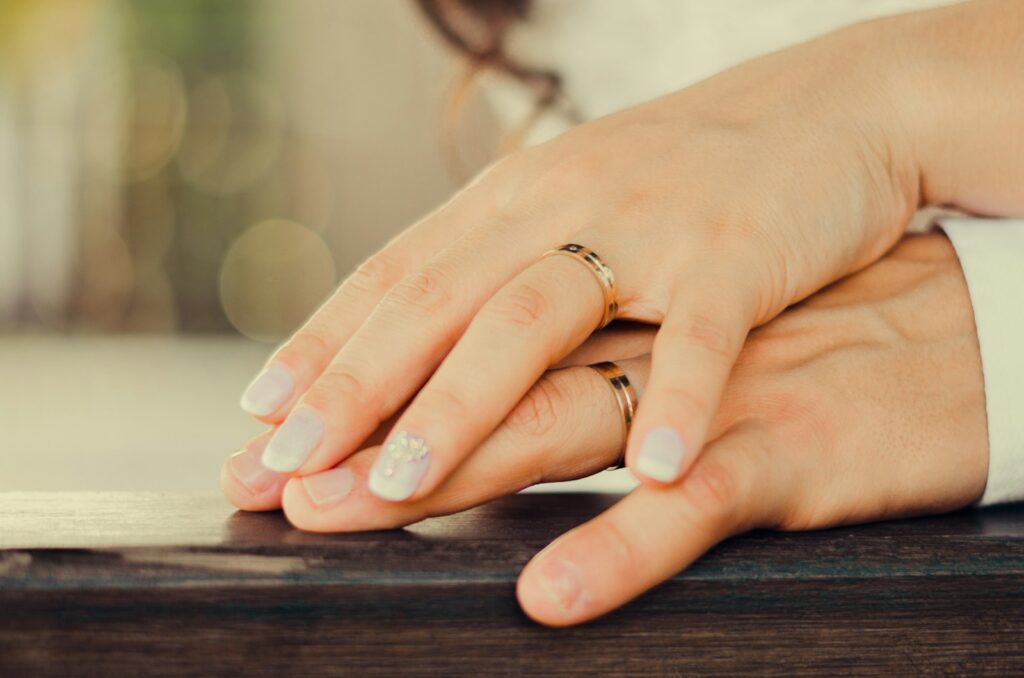
In many cultures and religions, marriage is not just a personal decision—it’s a moral or spiritual duty. Some people feel obligated to marry because their community, religious leaders, or traditions expect it. This pressure can be so strong that going against it feels like betraying their faith or family values.
The Belief That Marriage Equals Maturity
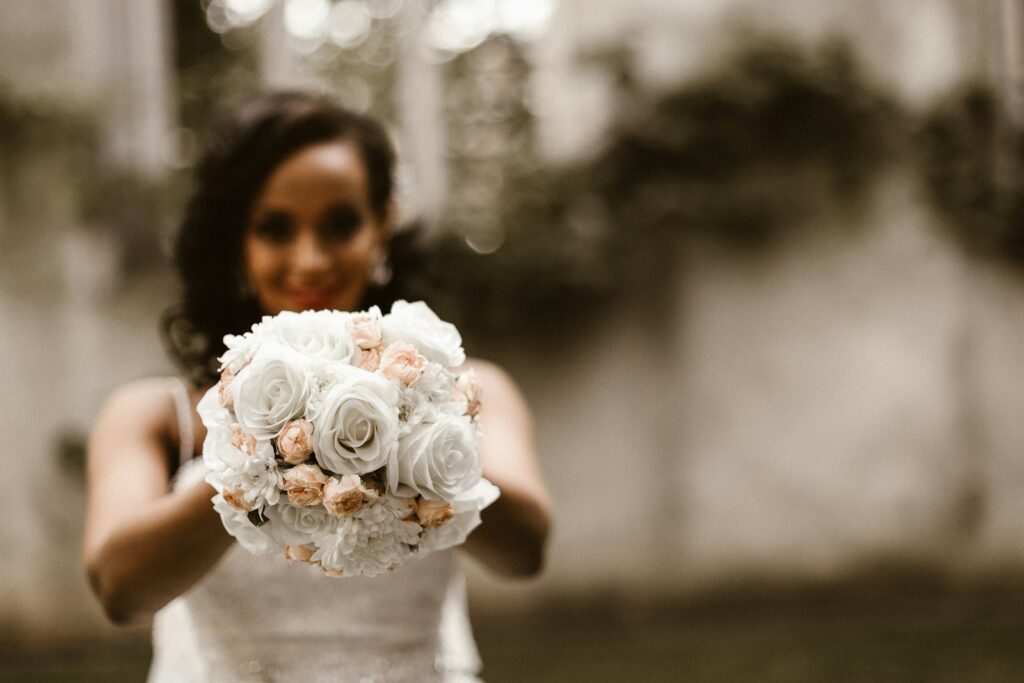
Marriage is often associated with becoming a responsible adult. Many people feel like they can’t be seen as truly “grown up” until they’ve settled down with a spouse. This belief makes some rush into marriage just to prove they’re mature and ready for life’s next step, even if they’re not emotionally prepared.
The Fear of “Wasting Time” in a Relationship
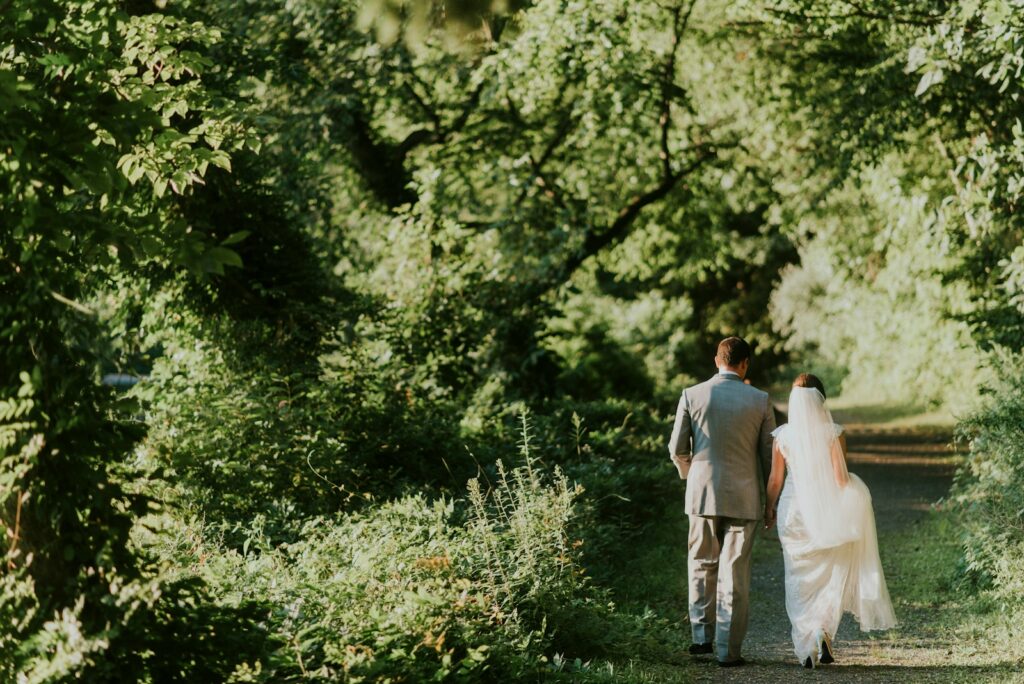
People in long-term relationships often hear, “If you’re not getting married, what’s the point?” The idea that every serious relationship must end in marriage makes people feel like they need to commit, even if they’re unsure. This pressure can turn a comfortable relationship into an ultimatum.
Social Media Glorifying Marriage

Wedding photos, engagement rings, and anniversary posts flood social media, making marriage seem like the ultimate achievement. Seeing constant reminders of other people’s happiness makes some feel like they need to follow suit, even if they don’t feel ready or excited about the idea of marriage themselves.
The Biological Clock Pressure

Women, in particular, face pressure to marry before a certain age because of societal concerns about fertility. The fear of running out of time to have children makes many feel like they have to settle down quickly, even if they’re unsure about the relationship itself.
The Financial Benefits of Marriage

Marriage often comes with financial perks like tax benefits, shared living expenses, and legal advantages. Some people feel like they have to marry just to make life more affordable or to gain stability, even if love and commitment aren’t their primary motivations.
Fear of Disappointing Parents
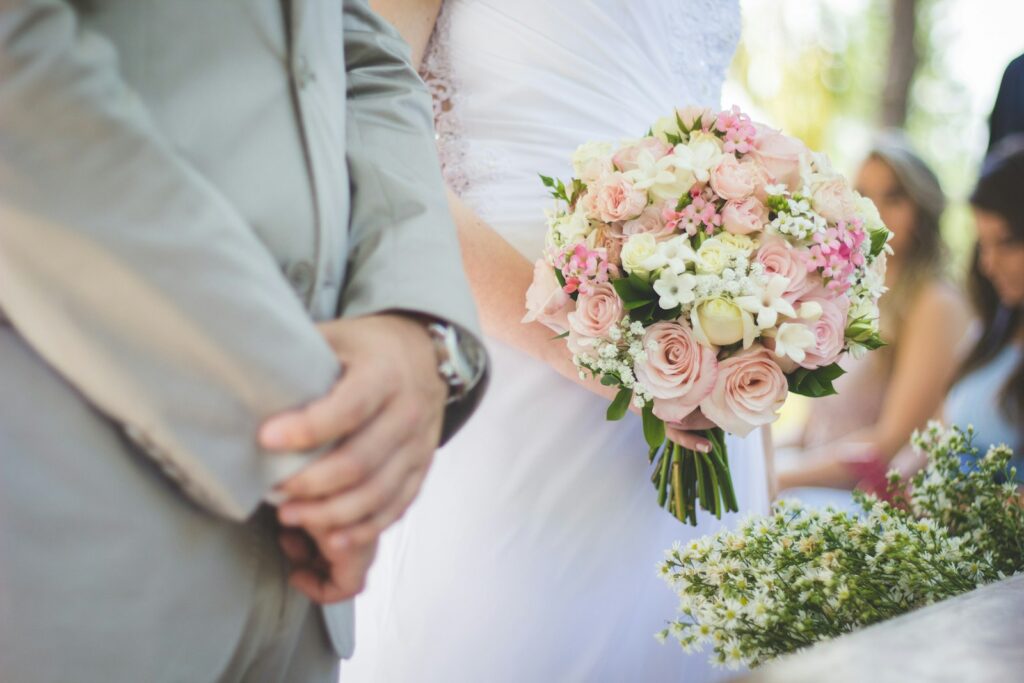
Some parents dream of seeing their children married and raising families. The thought of letting them down can be overwhelming, making people feel like marriage isn’t just about them—it’s about fulfilling their parents’ expectations. The guilt of disappointing a family can push people into marriage before they’re truly ready.
The Idea That Marriage Guarantees Stability
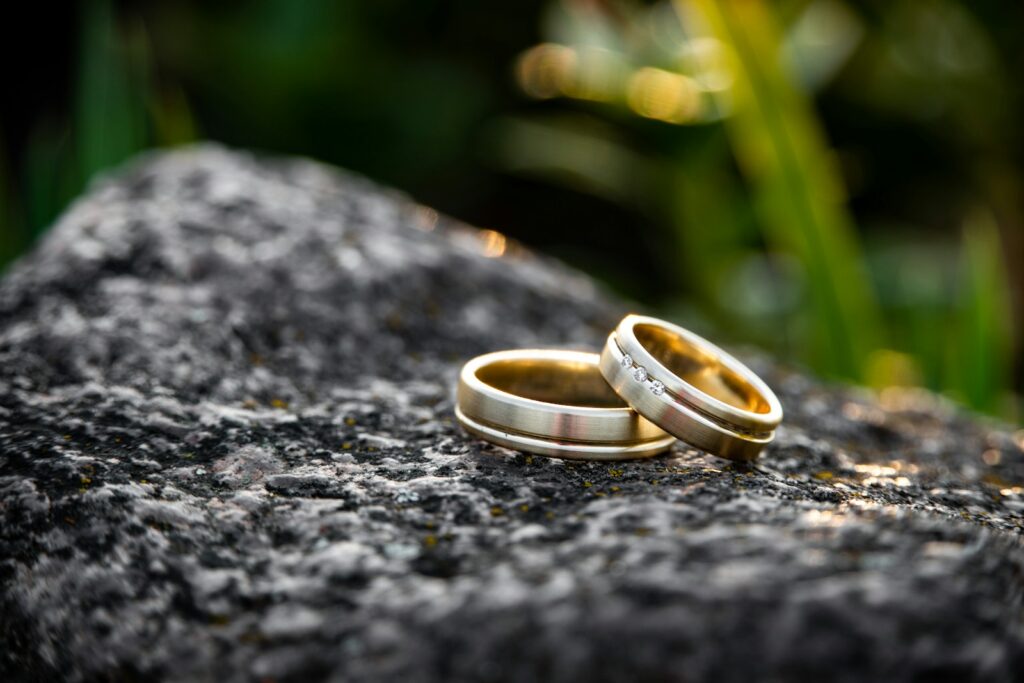
Many people believe that marriage provides emotional and financial stability. They see it as a way to secure their future, even if their current relationship isn’t particularly strong or fulfilling. The fear of facing life’s uncertainties alone makes marriage feel like a necessary safety net.
The Thought That Love Will Fade Without Commitment
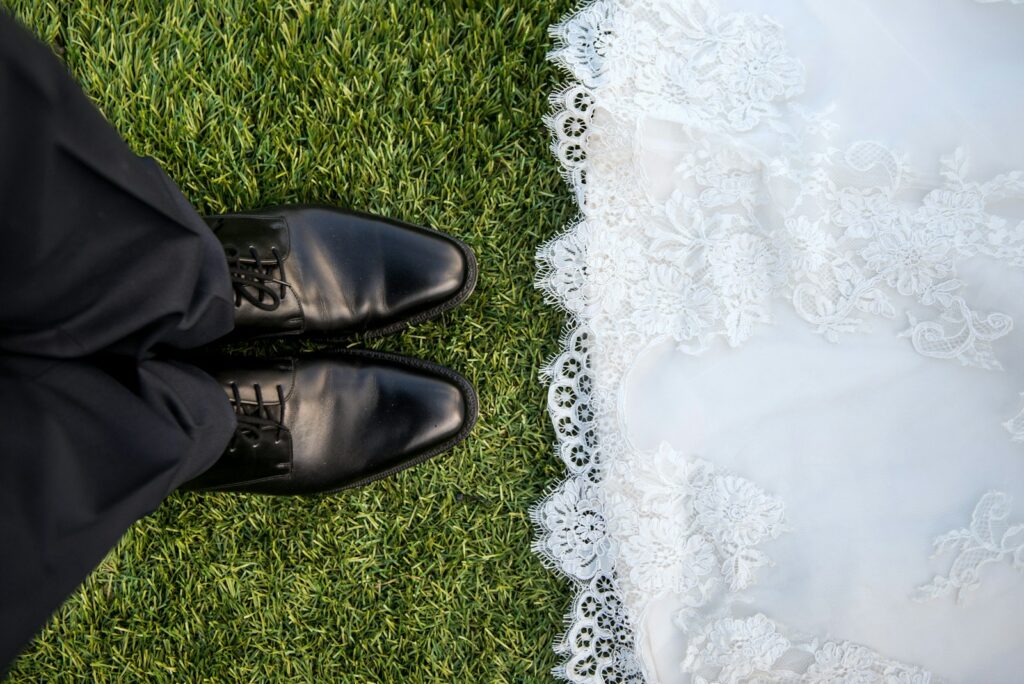
There’s a widespread belief that if you love someone, marriage is the only way to solidify the relationship. Some fear that without a legal bond, their partner may leave, so they rush into marriage just to make sure the relationship stays intact—even when they have lingering doubts.
Fear of Regretting Not Getting Married
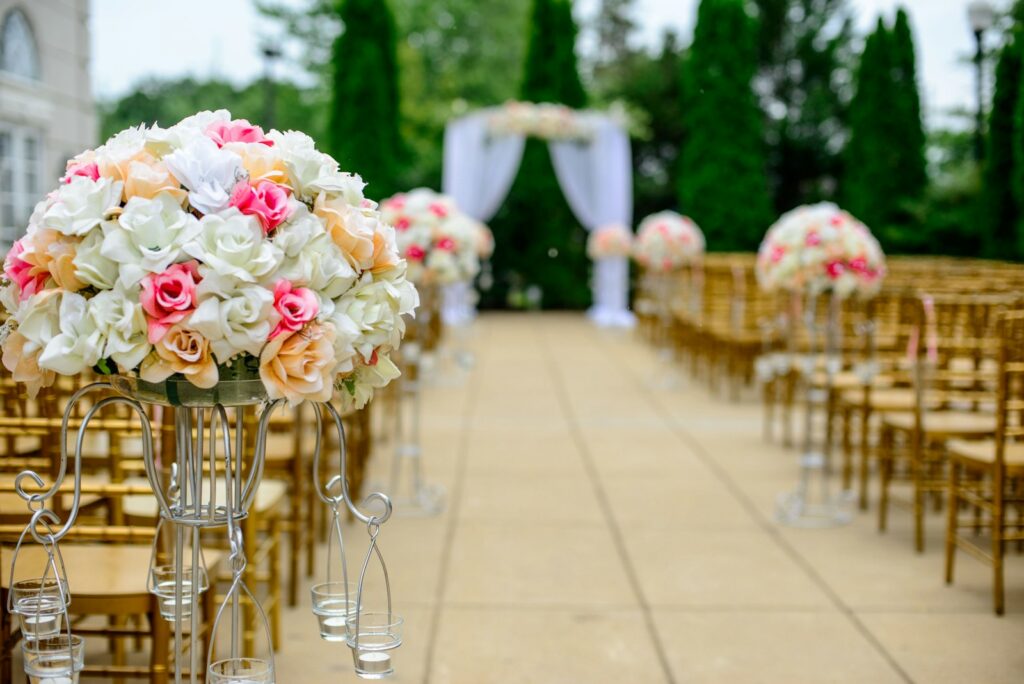
Some people worry that if they don’t marry now, they might regret it later. They might fear looking back on their lives and wondering, “What if?” This fear of future regret can push people into marriage, even when their present-day feelings aren’t completely sure.
Pressure From Married Friends

Once friends get married, they often assume their single friends want the same thing. They may constantly ask, “When’s it your turn?” or “You need to find someone.” Over time, these questions make single people feel like they’re missing out on something they should be pursuing.
The Myth That Marriage Solves Relationship Problems
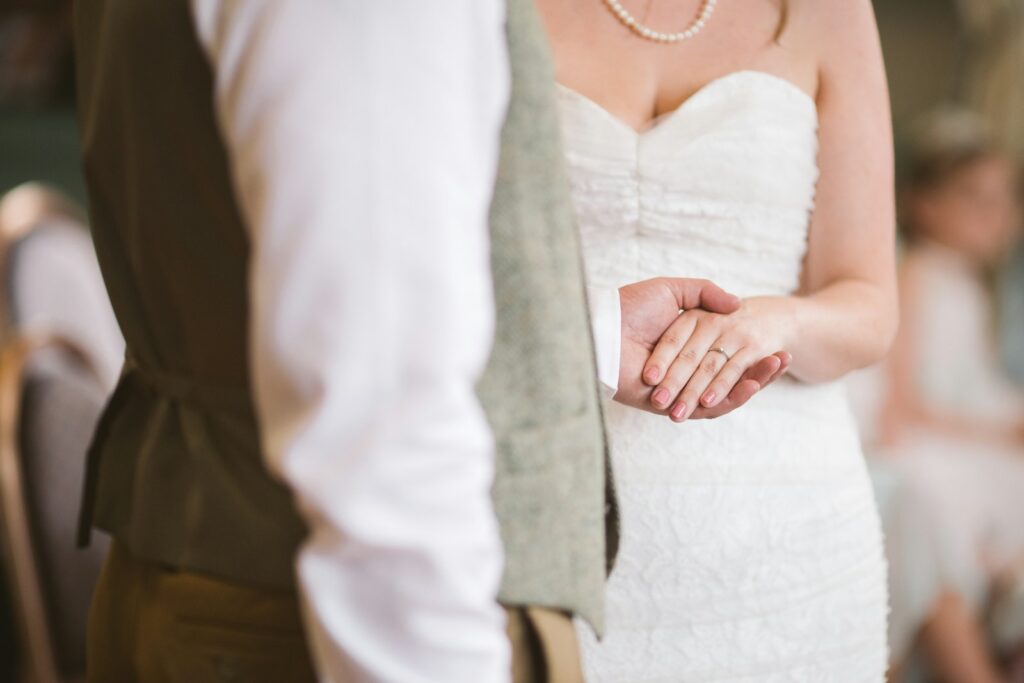
Some people believe that getting married will fix whatever issues they have in their relationship. They think that commitment will make their partner change or that love will deepen after marriage. But in reality, unresolved problems usually get worse, not better, once the wedding is over.
The Desire to Fit Into Traditional Gender Roles

Society still places expectations on men and women when it comes to marriage. Men may feel pressure to be providers, while women may feel like marriage validates their worth. These outdated gender roles can make people feel like they need to marry just to meet societal expectations.
Workplace and Career Bias
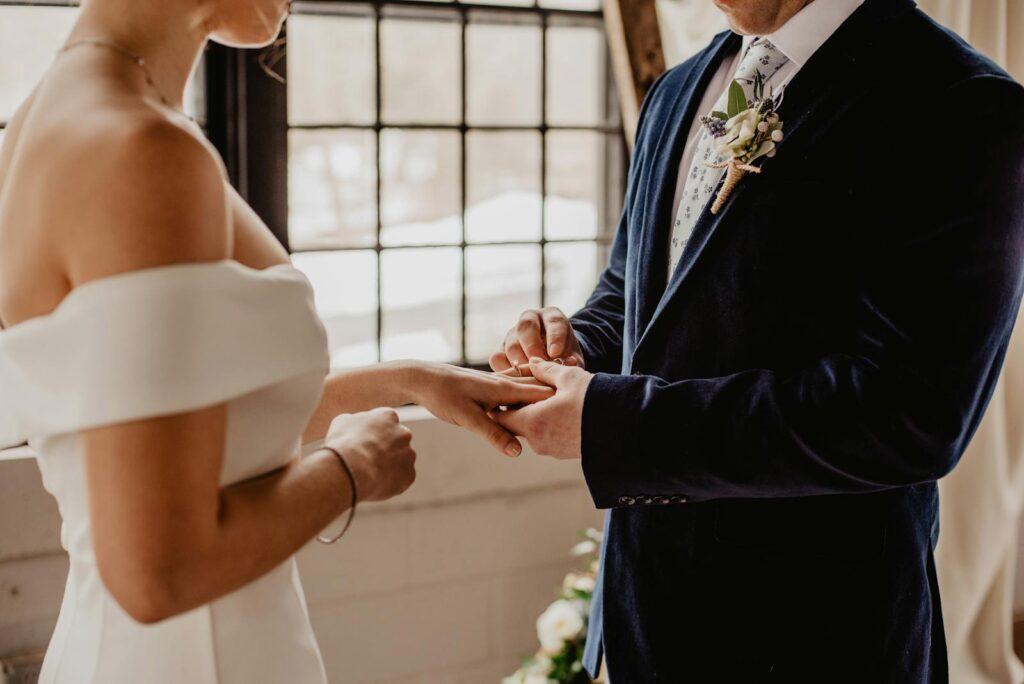
In some industries, married employees are seen as more stable and reliable. Single people may be viewed as less responsible or too independent. This workplace bias can make people feel like marriage is necessary to be taken seriously in their professional lives.
Fear of Dating in the Future

Some people settle for marriage because they don’t want to start over. The idea of dating again, especially as they get older, can be exhausting and intimidating. Rather than face the unknown, they stay in a relationship and take the next step, even if they aren’t completely sure.
The Idea That Marriage Is the Ultimate Commitment
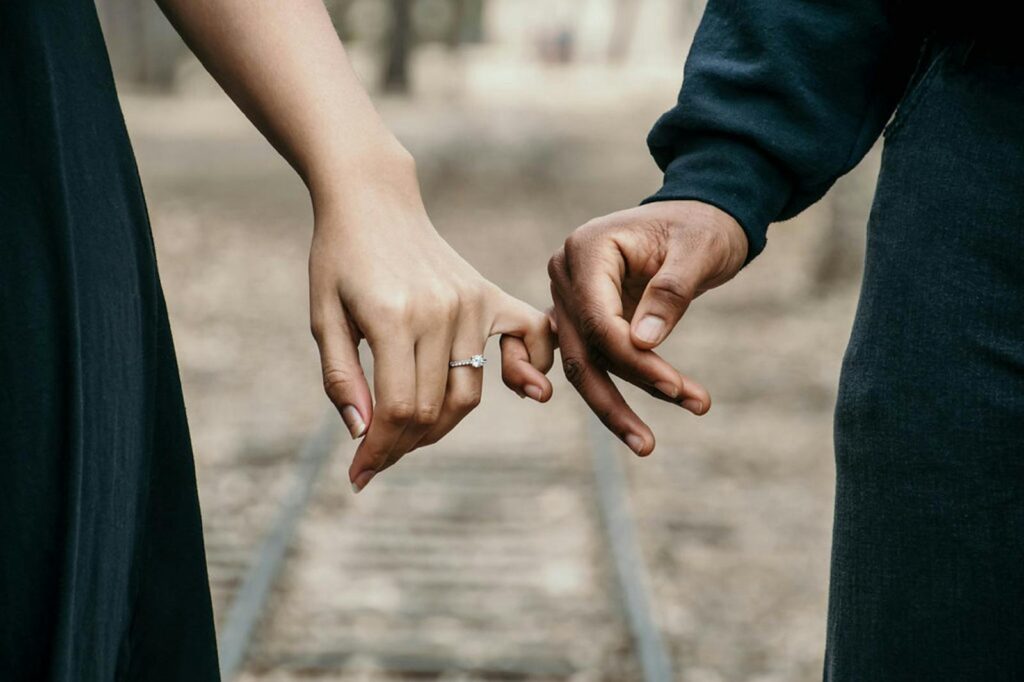
Some believe that no matter how much love exists in a relationship, it isn’t “real” unless marriage is involved. The pressure to prove their love and commitment pushes people toward marriage, even when they already have a strong relationship without it.
The Belief That Marriage Will Bring Happiness

Many people grow up believing that marriage is the key to happiness. The society promotes the idea that once you find “the one” and settle down, your life will be complete. But happiness isn’t guaranteed just because you sign a marriage certificate.
Parental Ultimatums About Marriage Before a Certain Age
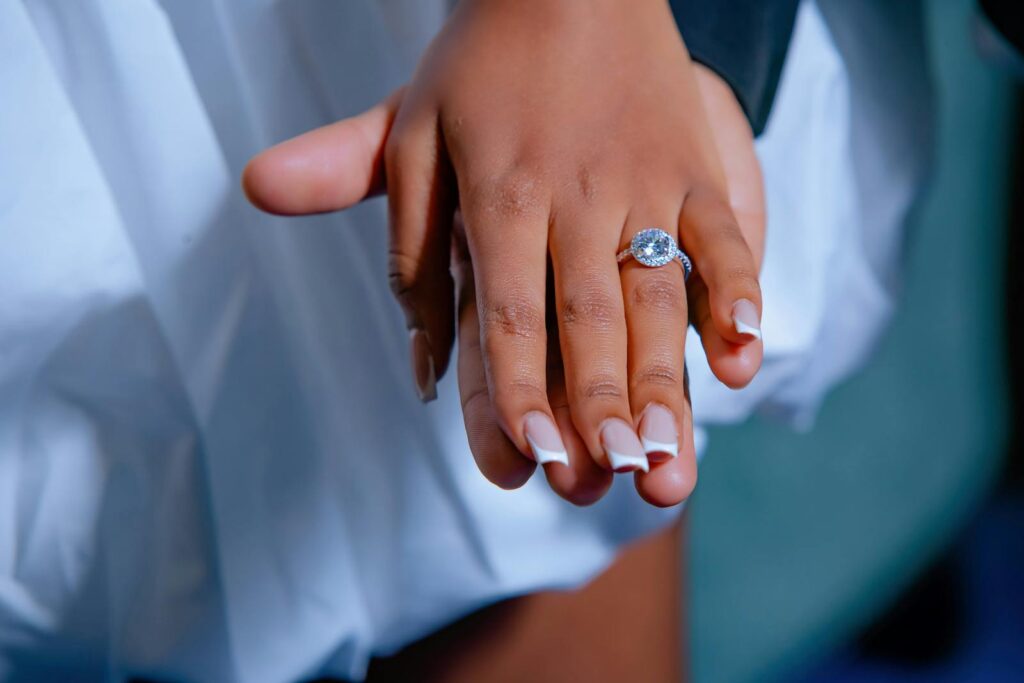
Some parents don’t just suggest marriage—they demand it. Statements like, “You need to be married by 30,” or “We won’t support you forever” make people feel like marriage isn’t a personal choice but a deadline they have to meet. In some families, there are even financial or social consequences for staying single too long, such as being excluded from certain traditions or treated as immature.
The Belief That Staying Single Means Something Is Wrong With You
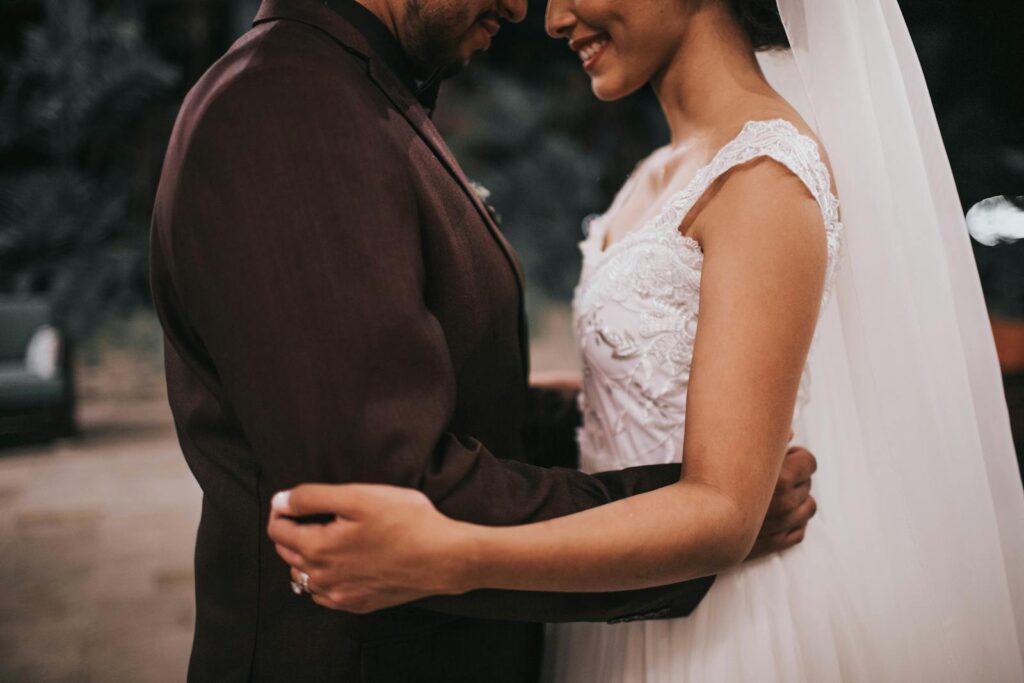
There’s an unspoken societal belief that people who remain single must be flawed in some way. Whether it’s being labeled as “too picky,” “emotionally unavailable,” or “afraid of commitment,” single people often feel judged. The assumption is that if you’re still unmarried past a certain age, you must be the problem—not that you’ve simply chosen a different path.
Movies and TV Shows Making Marriage Seem Like the Only Path to Happiness
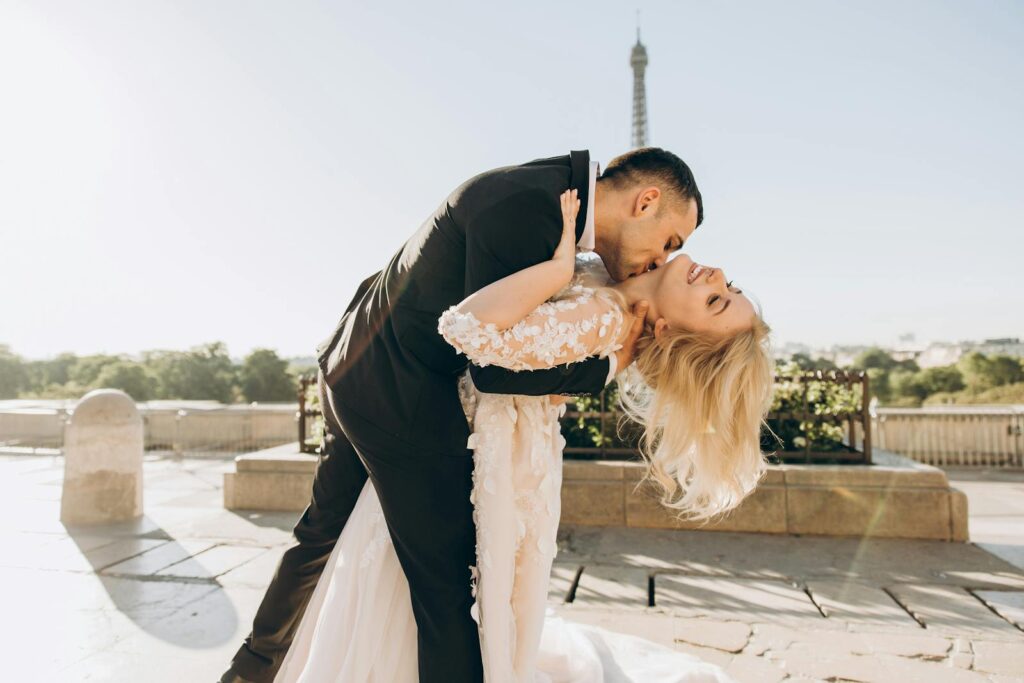
Popular culture is filled with stories where marriage is portrayed as the ultimate happy ending. Whether it’s fairy tales, romantic comedies, or TV dramas, the message is clear—love stories always lead to marriage, and those who remain single are either heartbroken or incomplete. Rarely do these stories explore the reality that some marriages fail, that somepeople thrive alone, or that love exists in many forms.
Dating Apps Pushing Long-Term Commitment as the End Goal
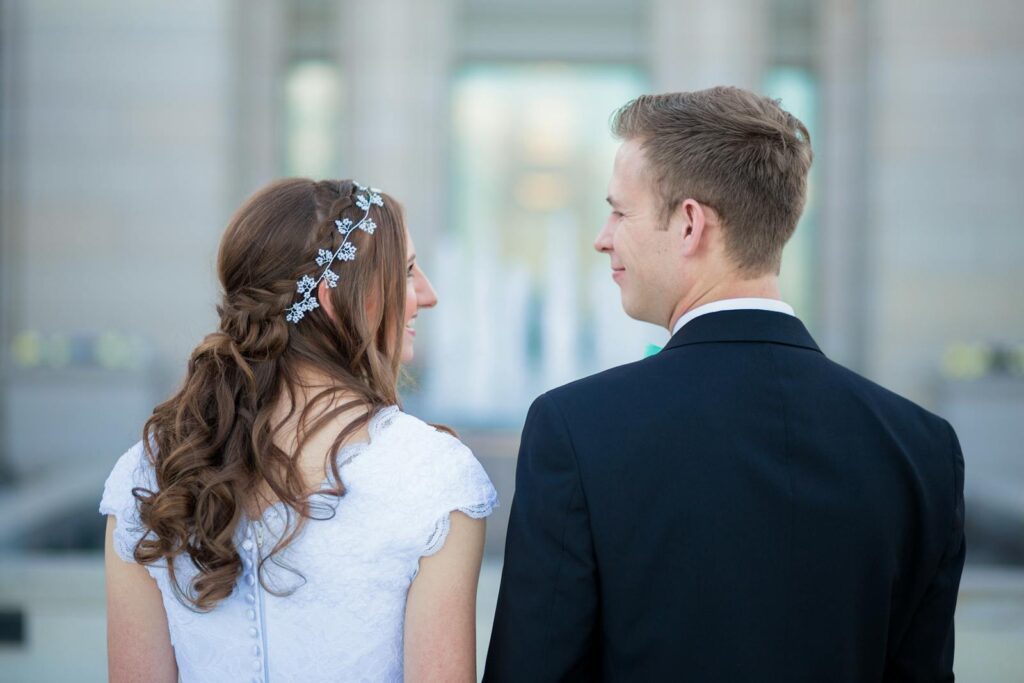
Modern dating apps market themselves as ways to find “the one,” reinforcing the idea that relationships must lead to marriage. Many apps filter potential matches based on who’s looking for something “serious,” automatically sidelining those who might want companionship without legal ties. The pressure to label relationships as either leading toward marriage or being a waste of time can push people to make decisions before they’re truly ready.
Cultural Beliefs That Marriage Is the Only “Respectable” Life Choice
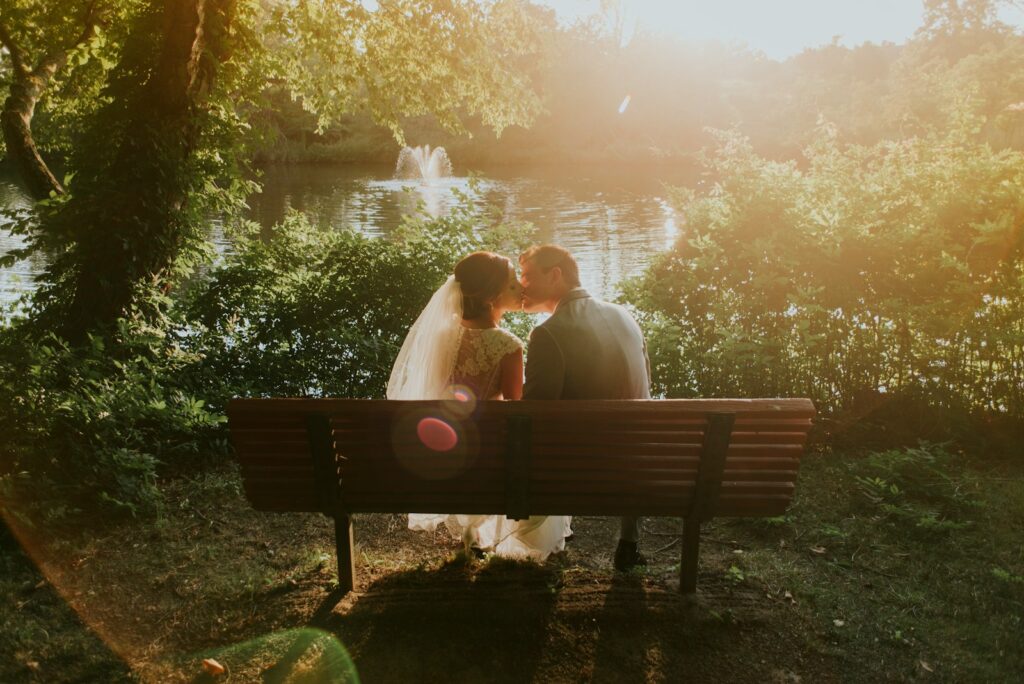
In many cultures, marriage isn’t just encouraged—it’s expected as the only “proper” way to live. Unmarried individuals may be treated as immature, rebellious, or even a disgrace to their family. In some communities, people who remain single are excluded from important events, treated as if they have no real purpose, or constantly pressured to “fix” their single status.
The Assumption That Marriage Means You’ve “Made It” in Life
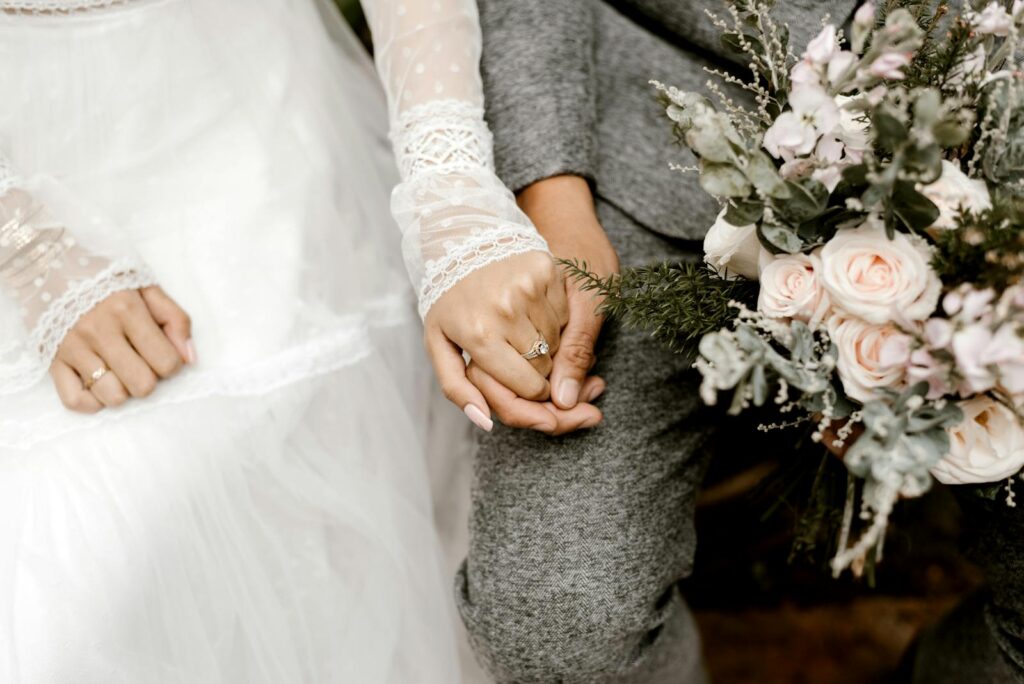
Society tends to equate marriage with success. People assume that if you’re married, you must be emotionally mature, financially stable, and living a well-balanced life. Meanwhile, single people are often perceived as still “figuring things out,” no matter how accomplished they are.
Fear of Ending Up the Only Single Person in a Friend Group
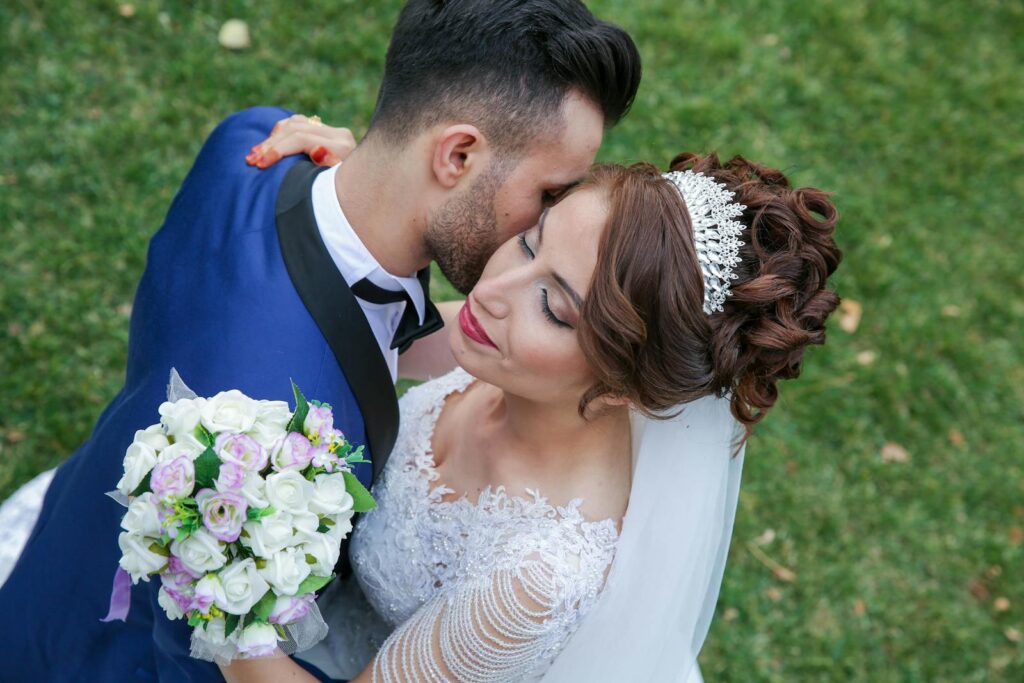
When all your friends are getting married, it’s easy to feel left behind. Social circles naturally shift after marriage—couples tend to spend time with other couples, and social events start to revolve around family life rather than spontaneous outings. The fear of becoming the “third wheel” or losing close connections can push people into marriage just so they don’t feel left out.
The Social Stigma of Being Divorced or an Older Single Person
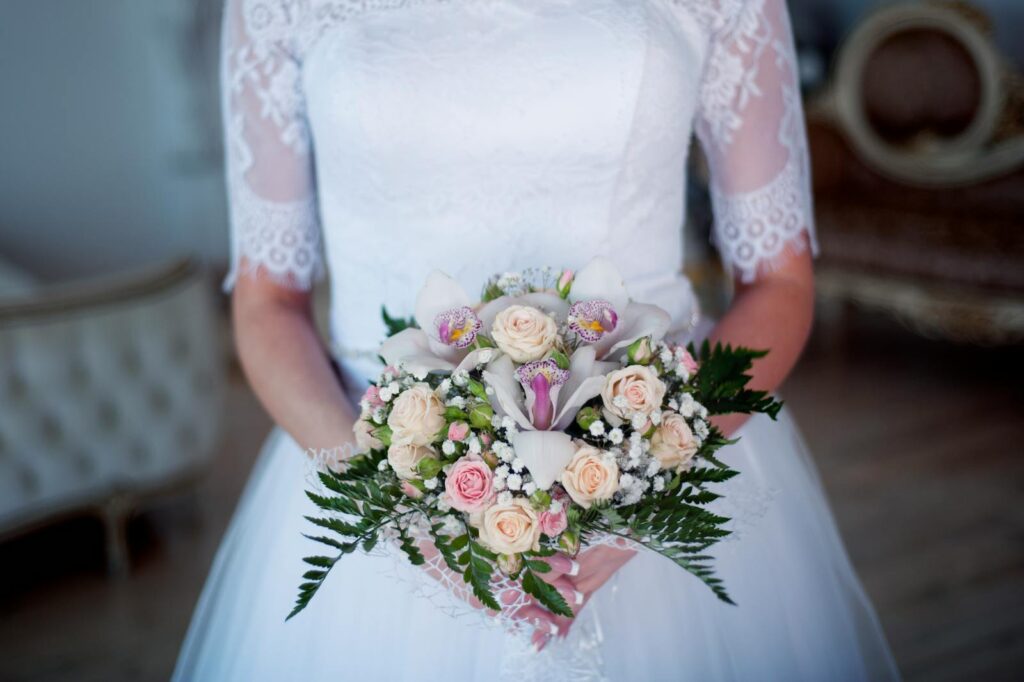
People who have been divorced or remain single past a certain age often face even more scrutiny. They’re asked invasive questions like, “What went wrong?” or “Do you ever regret not getting married?” Divorcees, in particular, may feel pressured to remarry quickly to “prove” that they are still worthy of love.
Wanting to Get Married Just to Have a Wedding, Not a Marriage
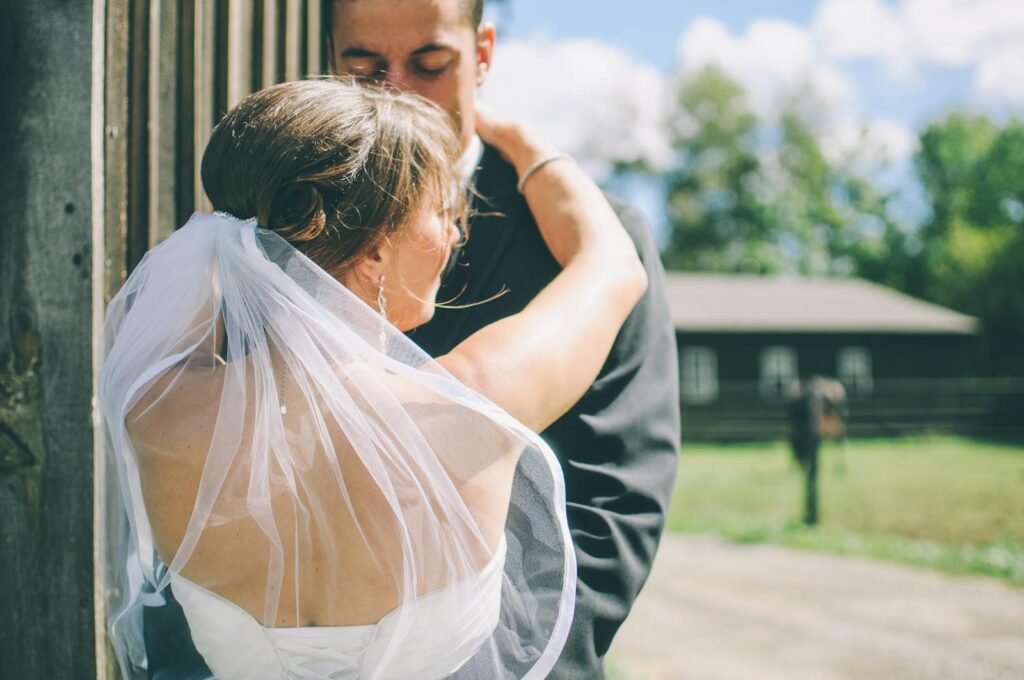
Weddings have become highly romanticized events, with social media, Pinterest, and reality shows making them look like the ultimate dream. Some people feel so caught up in the fantasy of a perfect wedding that they don’t think enough about the reality of marriage itself. The desire for a beautiful dress, a big party, and a magical moment can sometimes overshadow the long-term commitment that follows.
Believing That Being in a Relationship Without Marriage Isn’t “Serious” Enough
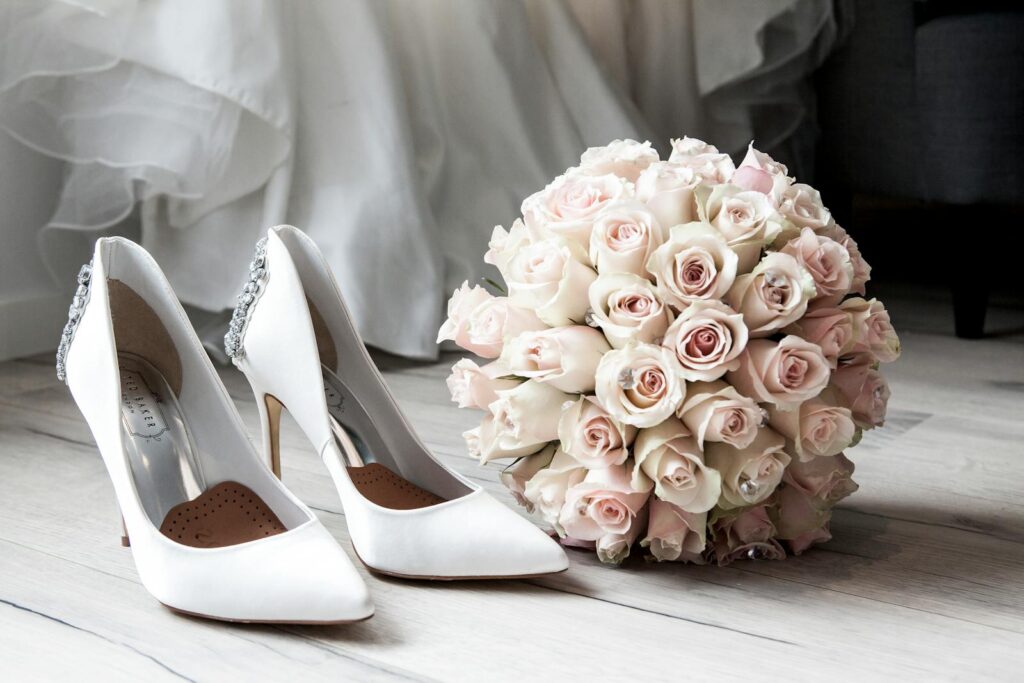
There’s an assumption that no matter how strong or committed a relationship is, it isn’t “real” unless it leads to marriage. Couples who live together, travel together, and share their lives deeply are still questioned: “When’s the wedding?” This pressure can make people feel like they have to get married just to validate their relationship in the eyes of others.

